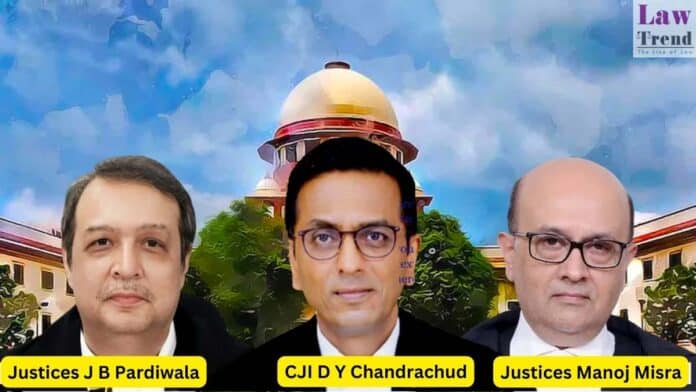In a significant ruling, the Supreme Court of India has highlighted constitutional concerns surrounding the “compounding” or “cascading” effect of royalties under current mining regulations, stating that this practice could potentially violate Article 14 of the Indian Constitution, which guarantees the right to equality. The court has directed the government to reconsider the current rules




